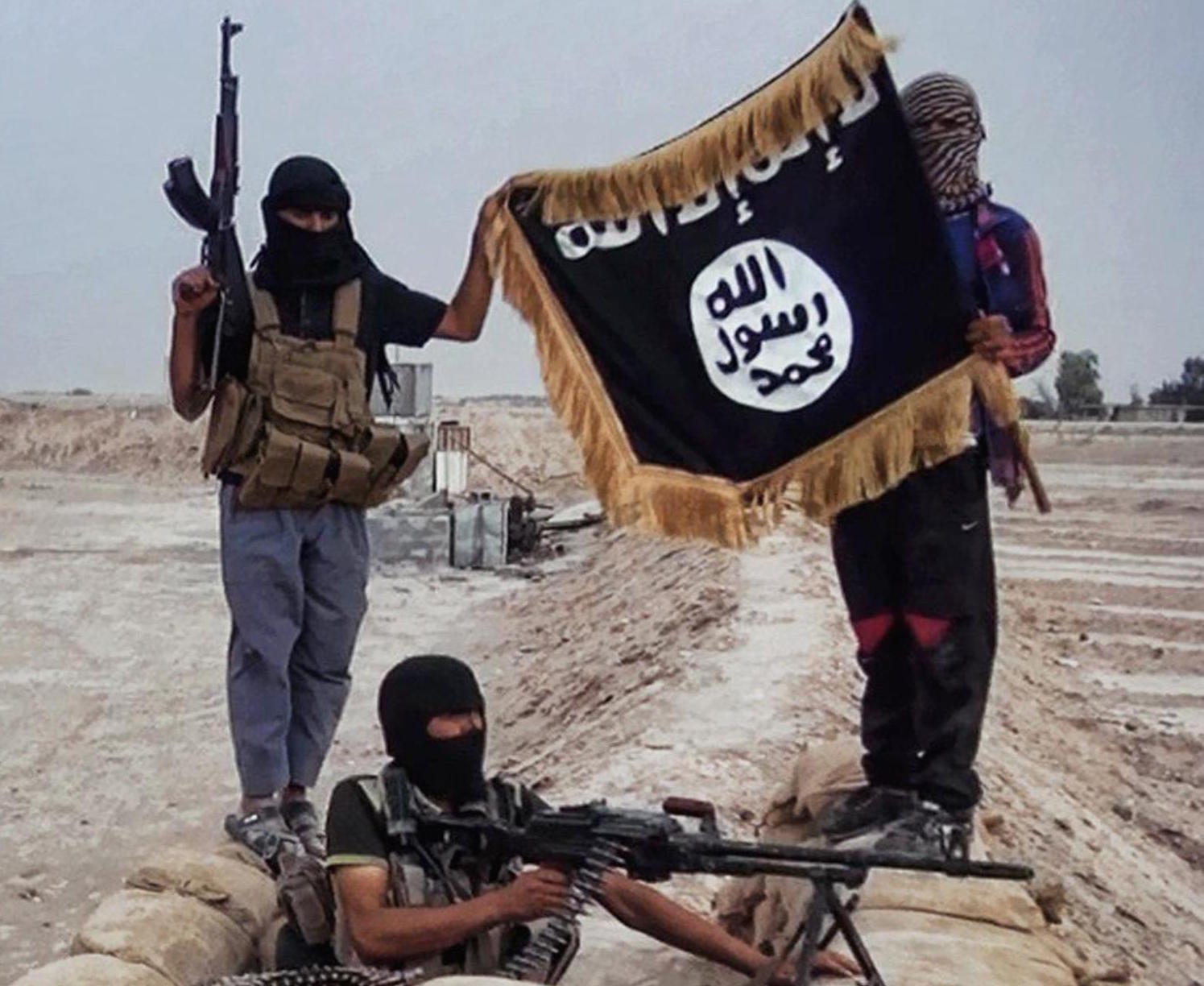
But how to stop the spread of a fundamentalist ideology in the Middle East and across the wider Muslim world beyond using military force remained at issue.
Retired Army Lt. Gen. Michael Flynn, former director of the Defense Intelligence Agency, said the request for a congressional authorization, with its sunset timetable and limits on military operations, would not ultimately defeat the Islamic State or al Qaeda, two predominantly Sunni extremist groups.
“Give the commanders the authority to conduct the mission or replace them”—rather than have them turn back to the defense or national security bureaucracy on how to proceed, he said. He added that this was lacking from the current request before Congress to authorize military force.
“Don’t discount any option,” Flynn said. His warning to the panel was that the United States will “have to play a very smart card game” to defeat terrorists in the long run.
Using the toppling of the Sunni-led government by a Shi’ite group of insurgents in Yemen as an example, he said, “We failed and continue to fail to understand the threats we face” and that “results in a mismatch of resources and end strategy.”
He said “the easiest part of strategy was to throw military force” at a problem such as Yemen or ISIL. But, “the military looks from peace to war” and not what follows. Political leadership “needs to look from peace to peace,” he said.
In developing a clear and comprehensive strategy, Flynn said the United States needs to examine how it is organized [Pentagon, State Department, Central Intelligence Agency, and intelligence and law enforcement communities] to fight extremists. He also called for a NATO-like structure in the Middle East to take on extremists there. The idea is to “make sure someone is in charge and tell the United States people that this will last for years.”
The United States could take these steps in the region, he said, because it “is no longer chained to the Middle East for oil.”
Earlier, he said the United States needed to reassess any aid it is sending to countries that are offering financial help or havens to terrorist organizations.
William Braniff, executive director of the National Consortium for the Study of Terrorism and Response to Terrorism, noted that the key to success in defeating the Islamic State in Iraq and Syria (ISIS or ISIL) and al Qaeda was “to earn the trust of our Sunni partners” in the Middle East, especially in Iraq. That needs to be done during a time when “the proliferation of groups associated with al Qaeda and the rise of ISIL ” is on the rise. It is also at a time of increased sectarian violence occurring in the Muslim world, with the exception of Pakistan.
He added that those groups were not monolithic, but were actually competing against one another for recruits, financing and influence.
Al Qaeda, Braniff said, is “waging a war of attrition on the United States” and the West that relied on “spectacular mass casualty attacks” to demonstrate its power. ISIL, on the other hand, is focused on “elevating sectarian tension” in the Middle East, as seen in its attacks against the Syrian regime of Bashar al-Assad and the Shi’ite-dominated Iraqi government.
But the number of foreign fighters in those groups’ ranks poses a larger threat “of travel[ling] to new fronts,” such as Tunisia and Algeria, and “relegating the West to being a spectator” as the terrorists try to topple those governments.
Although the Islamic State demonstrated its ability to seize land and hold power, Marc Lynch, a professor of political science and international affairs at George Washington University, said ISIL fighters “are not superhuman” and “history is full of examples of insurgents seizing territory.”
“Momentum matters to them” in occupying more land and governing more areas, but now they are ceding territory to the Kurds and Shi’ite militias and the Iraqi army.
Lynch said the Islamic State is “playing to its base” in recruiting fighters. Braniff added, “they [see themselves] purifying Islam” and use that to attract new members.
ISIL’s recruiting is quite sophisticated, Flynn said. It turns those who have no skills into suicide bombers, training others to be recruiters or operational planners, who pose a longer-range threat.
“The dilemma [for] Islamist extremist groups,” Lynch said, “is the vast, vast majority [of Muslims] do not agree with them” on their goal of “creating a clash of civilizations.”
The failure of the “Arab Spring” to deliver political freedom and increased economic opportunity was a major and immediate contributing factor in the rise of the Islamic State, the panelists agreed.
Flynn said there was a clear need for nations in the Middle East “to change their internal behavior” and become less repressive. He cited Jordan as an example of a moderate regime and “there are other templates out there” that could be used to open up societies in the region and reduce sectarian tensions.
Looking at Iraq, he said the Sunnis still do not feel included in its government, which was heavily influenced by Iran. It is also a government still regarded as corrupt by Iraqis other than Sunnis. Yet, “they have the wealth to provide for its citizens.”
Although most of the hearing focused on the Sunnis, Flynn and others said that Iran continues to support Shi’ite extremists not only in Iraq and Yemen, but also in Lebanon, through Hezbollah, and parts of the Palestinian territory. Iran is also supporting Assad in his fight to retain power against moderate Syrian rebels and the Islamic State.





